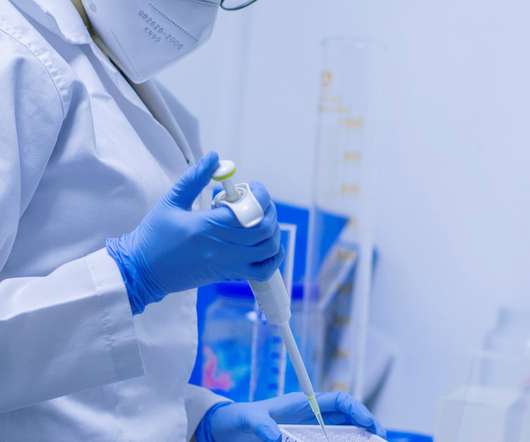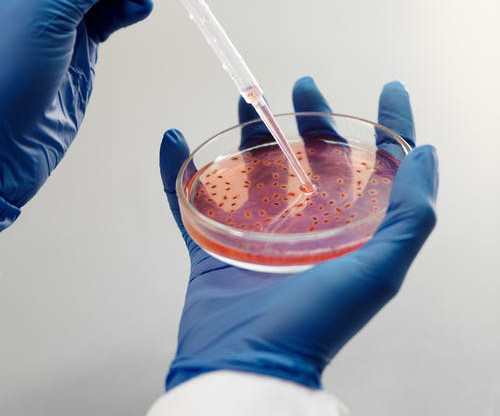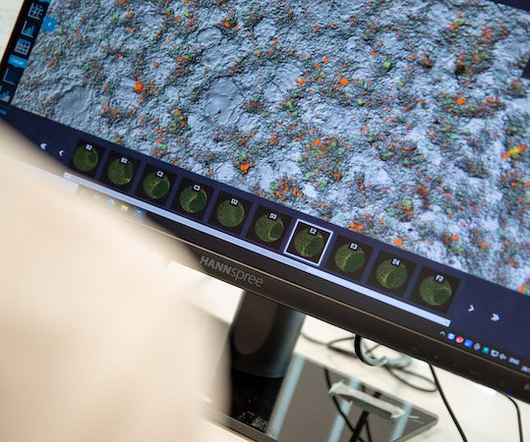Turning science into business: An optimised alternative to antibodies
Drug Discovery World
APRIL 3, 2023
DS: What motivated you and Dr David Bunka, CTO, to create Aptamer and did you imagine you would one day be operating on such a global scale? I quickly recognised the commercial value of aptamers as being able to address the gap in the market where antibodies fail to perform, and together we established the business to begin aptamer development.














Let's personalize your content